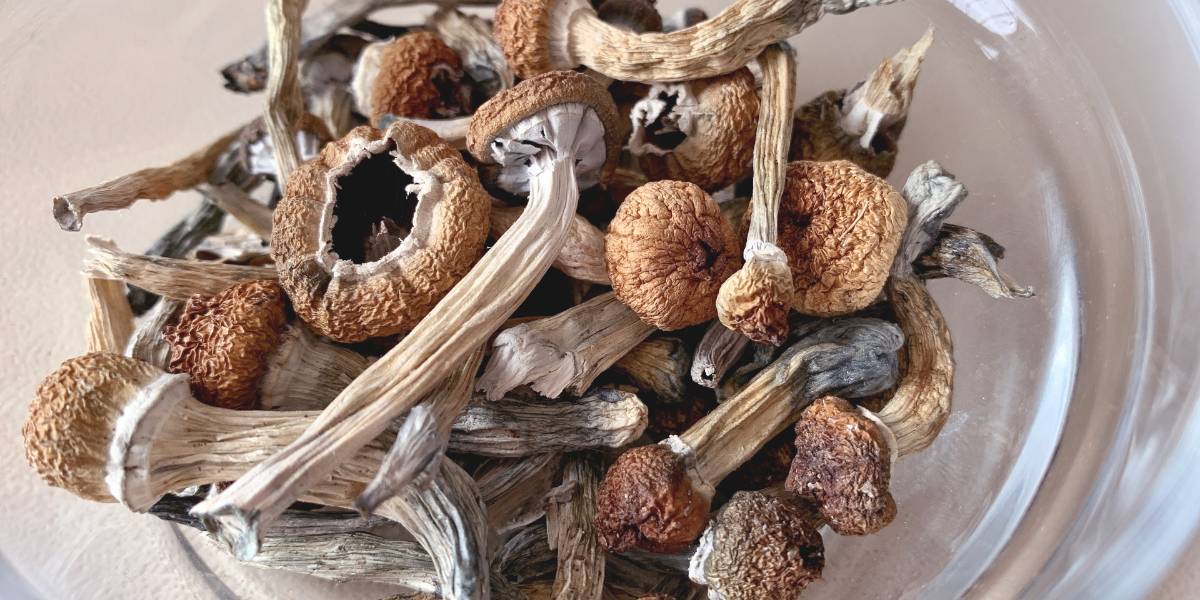A new study which examined psychedelic drug experiences has found that the ‘mystical’ effect could help to ease symptoms of people who suffer from anxiety and depression.
In the first study of its kind, researchers divided psychedelic drug experiences into different categories and examined their role in mental health outcomes.
Almost 1,000 people answered questions about their past recreational experiences with psychedelic drugs, including psilocybin, LSD, ayahuasca, and 5-MeO-DMT, a natural psychedelic in the venom of the Colorado River toad, which is found in parts of Mexico and America.
- Learning to play a musical instrument can reduce depression and anxiety
- Anxiety triggered by ultra-processed foods
The participants’ answers revealed that those people who scored highly when it came to the “mystical and insightful nature” of their experience also said their anxiety and depression symptoms improved.
Study co-author Aki Nikolaidis said: “The group that had the highest insightful and mystical experiences and low challenging experiences showed the most benefit in terms of remission of anxiety and depression symptoms and other longer lasting benefits to their life.
“Identifying subtypes that exist regardless of which psychedelic you take answers an interesting question. But the fact that we found that they’re associated with specific outcomes, and replicated that finding, really shows why it’s important to understand the powerful nature of what is happening subjectively and its potential to yield a beneficial outcome.”
Those who reported high levels of mysticism and low levels of ‘challenging’ experiences were generally younger than participants in other groups.
Those reporting more challenging experiences tended to be those who had taken large quantities of the psychedelic drugs.
Another of the study’s authors, Dr Alan Davis, said: “Finding the variety of other outcomes that these subtypes might be related to is an interesting next step.
“These could include adaptive or functional outcomes in people’s quality of life or well-being, or a better understanding of their life’s purpose or relationships.”
The study has been published in the Journal of Affective Disorders. The study team included researchers from Ohio State University in America.




